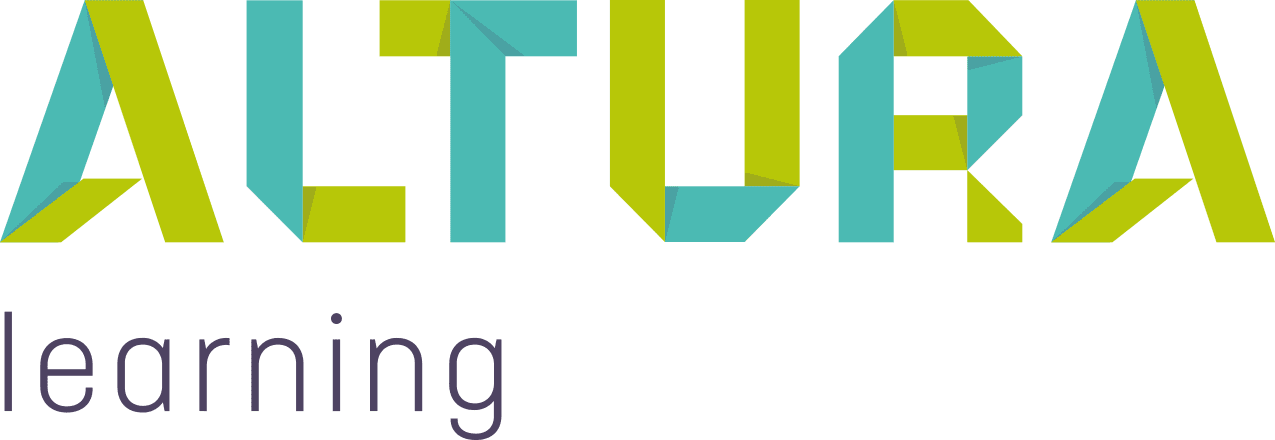Home | Altura Blog |
Case Scenario in our Coordinator Resources
July 6, 2021 | Altura Blog
All Altura Learning courses released from April 2018 contain a Coordinator Resource as an addition to our suite of support material. The Coordinator Resource includes two new additions – a case scenario and training game. This aims to provide educators with all the learning activities to support you to deliver a blended learning solution.
The case scenario is drafted to reflect a real situation that your staff may face when providing care or services. Staff should extrapolate the content presented in the video and draw on their own experience to answer the scenario posed.
How to use Case Scenarios
The scenario can be presented to staff in a group setting and each person can offer their individual thoughts on how they would approach the situation. This can be discussed as a group. This can be a great way of personalising education to align with an organisation’s policies and procedures. Of course, you can also adjust the content of the scenario to meet your own requirements, if needed.
The case scenario can also be used:
- as part of the evidence assessment
- given individually to staff as a follow up, to check that content has been retained
- as evidence of knowledge during mandatory training
- to ascertain staff knowledge after an incident or during a performance review
- to assess the knowledge of new staff, during orientation/onboarding
If you’re using the case scenario in other ways we’d love to hear from you and feature it in our next newsletter.
The Theory behind the Practice
Case scenarios have been used as a learning tool for many years as they encourage:
- problem solving and analytical skills
- utilise and build on experience
- decision making
- inductive reasoning
A study byBonney (2015) demonstrated that the use of case scenarios resulted in higher examination scores than the use of core teaching methods such as classroom discussions or textbook reading. Additionally, student perceptions of learning gains were increased and workplace transferrable knowledge was instilled, as they bridge the gap between theory and practice.
According to Prof Paul Lawrence, a good case scenario should be:
“……the vehicle by which a chunk of reality is brought into the classroom to be worked over by the class and the instructor. A good case scenario keeps the class discussion grounded upon some of the stubborn facts that must be faced in real life situations.”
The work that is conducted by aged and social care services, lends itself particularly well to the use of case scenarios by adding a practical component that learners will be expected to demonstrate following completion of the learning. The use of case scenarios present a great opportunity for educators to ascertain a learners understanding of a topic and how they perform following training.


